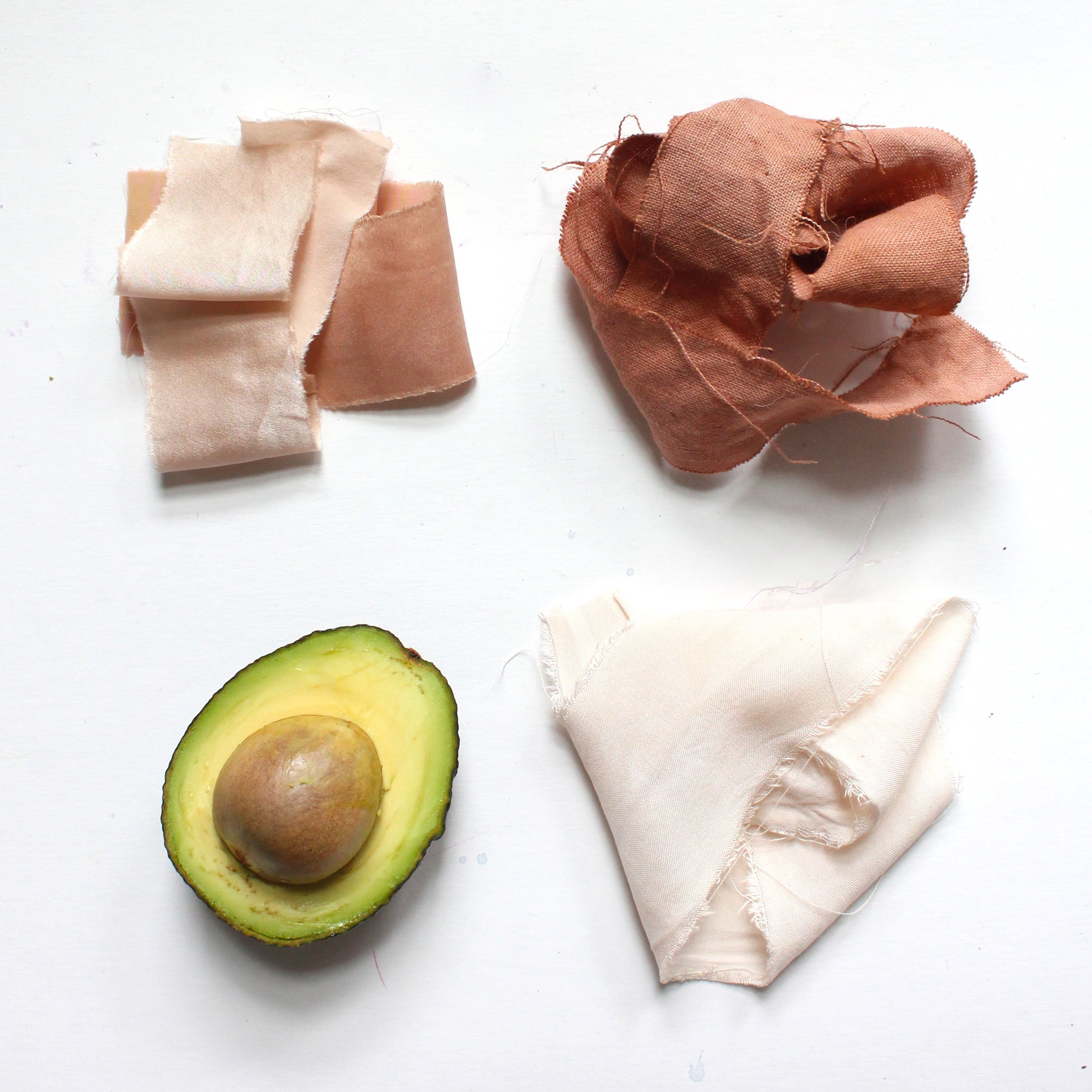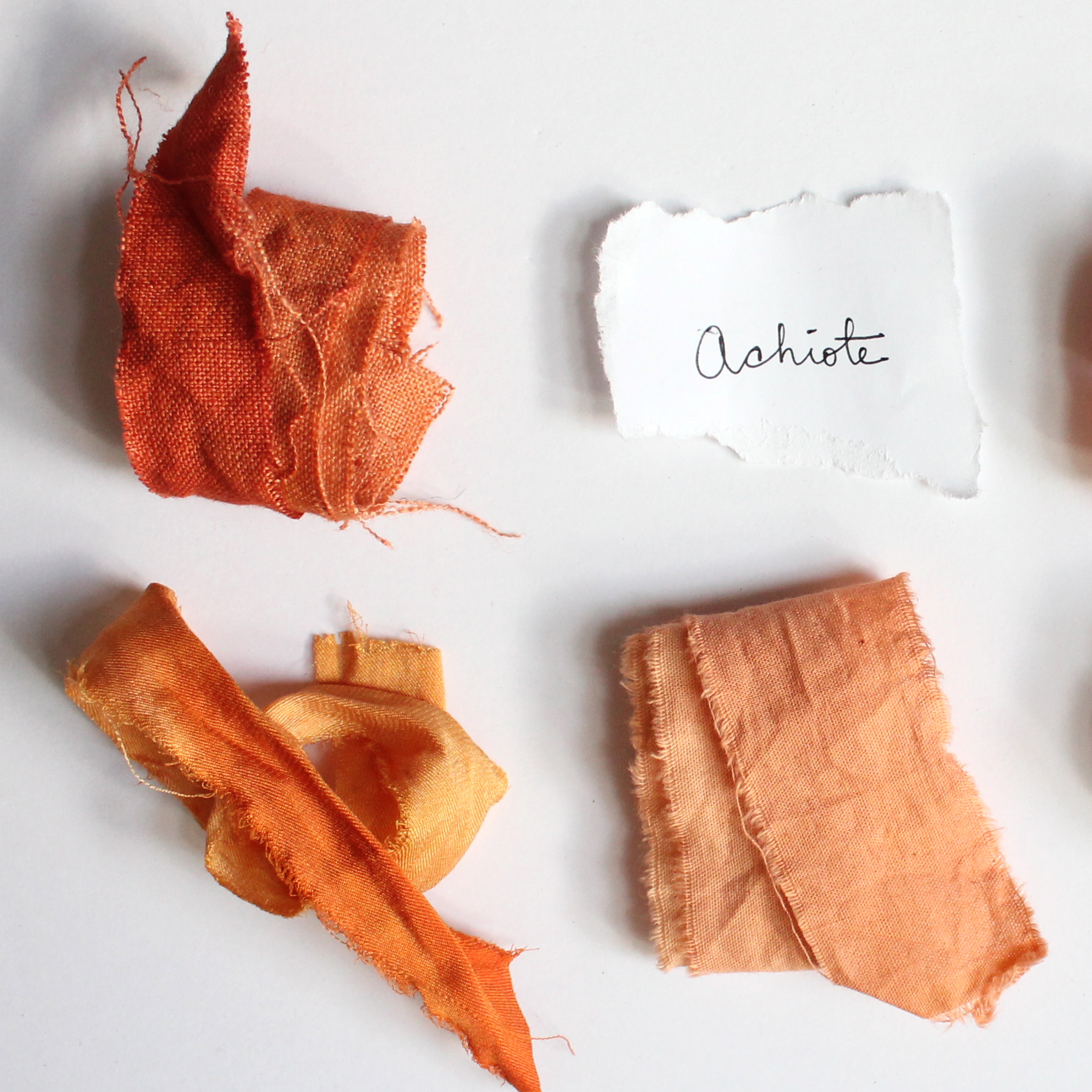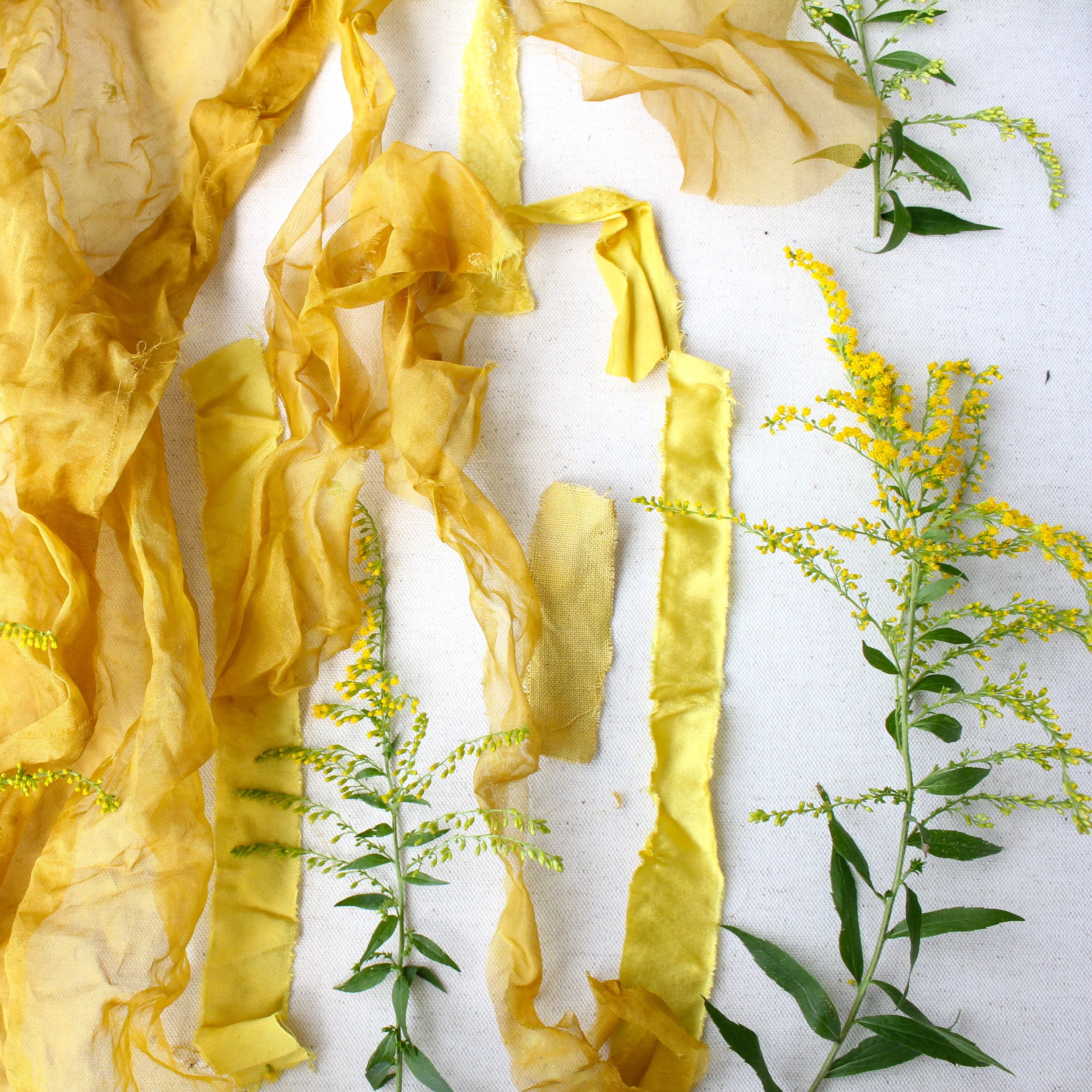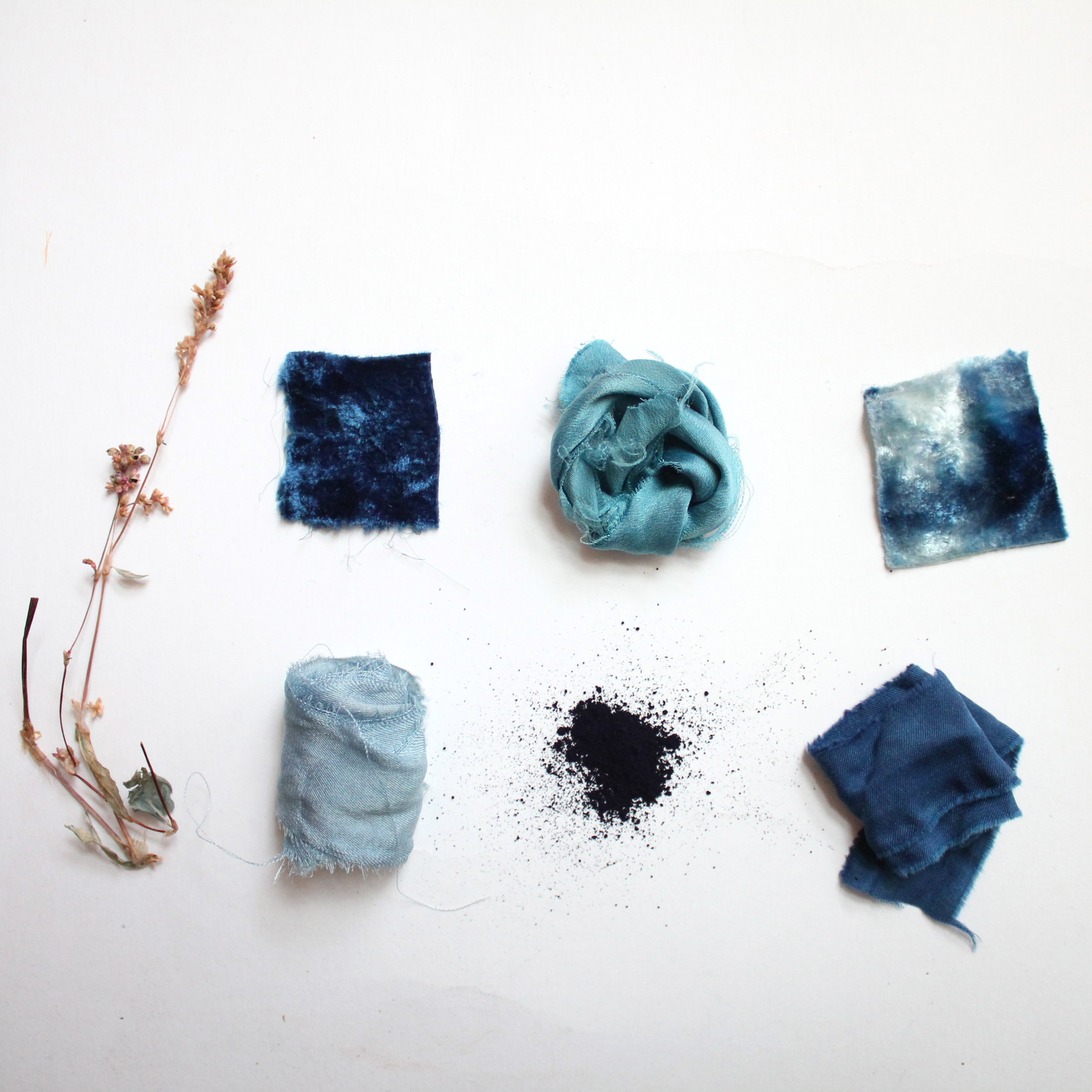Hi!
Welcome to my blog. I document my journey through wellness, spirituality and style as a mom, entrepreneur and environmentalist living in the mid Hudson Valley of New York.

Welcome to my blog. I document my journey through wellness, spirituality and style as a mom, entrepreneur and environmentalist living in the mid Hudson Valley of New York.

Natural Dyes

Avocado
The pits can make pink, tan, peach and terracotta colors.

Lac
The lac dye comes from a resin emitted from the lac insect, which is indigenous to Southeast Asia.

Raspberry
The berry of the raspberry plant yields a blush pink color. Raspberries have been shown to have anti-inflammatory properties which can soothe the skin.

Quebracho
The quebracho dye comes from a tree indigenous to South America. The heartwood and bark are used to make the dye.

Peach
The pits can make “peachy” pinks and tans.

Sandalwood
The sandalwood dye comes from the heartwood of a tree which grows in Southern India and the Philippines.

Cochineal
Cochineal dye can yield pink, red and purple. The dye comes from the shells of the Cochineal beetle that feast on Prickly Pear cactus.

Hibiscus
The flower of this plant yields a pinks and reds. Hibiscus is beneficial for the skin and hair and when taken as a tea has many internal health benefits.

Madder.
Madder is a root that grows easily in many conditions. It can yield pinks to a deep, earthy red color.

Sulphur Cosmos
This yellow flower can create a vibrant orange-red.

Coreopsis
This yellow and red flower creates burnt orange and terracotta colors.

Achiote
Also called Annnato when used as a food coloring and known as Urucum in Brazil. It is the bright red seed of the plant which yields an orange or peach color.

Red Onion Skins
The skin of a red onion can create a whole spectrum of color from chartreuse to army greens, lavender to rust.

Cutch
Cutch dye comes from the heartwood of the cutch tree, native to Asia.

Yellow Onion Skins
The skins of a yellow onion make varying shades of yellow and gold.

Marigold
The petals of the marigold flower yield a range of sunny colors from butter yellow to deep orange.

Dyer’s Chamomile
This cheery yellow flower creates bright yellows to mustard yellows.

Turmeric
The root, both fresh and in powder form, make a vibrant yellow dye. Turmeric has been used for thousands of years as an internal and external medicinal preparation..

Osage
Osage dye comes from the heartwood of the Osage Orange tree. It is a lightfast sunny yellow dye.

Goldenrod
Goldenrod flowers make a bright yellow that is wash fast and light fast on textiles. It grows abundantly in the NE US during the late summer and fall.

Calendula
The flowers can be used to make a yellow dye. It has been used medicinally for hundreds of years for its many properties which soothe the skin and accelerate healing.

Fennel
Fennel tops can make sunny yellows

Pomegranate
Pomegranate skins will yield gold tones to earthy army greens. It can also be used as a mordant.

Weld
The leaves and tiny flowers of Weld make yellow to chartreuse colors.

Sage
Sage leaves create an electric green color or a light yellow-green depending on the fabric.

Rosemary
The leaves of the rosemary plant can be used to make a yellow green dye. When iron is added as a modifier, you can achieve a grayish, sage green color.

Fresh Indigo
Fresh Indigo leaf mixed with cold water and ice will yield a beautiful seafoam green/blue color.

Chlorophyll
Chlorphyll can create seafoam greens to army greens.

Woad
Less potent cousin of indigo. Can produce blues and greens.

Indigo
Indigo dye comes from the leaf of the Indigo plant. It is unique from all other natural dyes for its color and the process by which the dye is prepared.

Black beans
The soaking water of dried black beans can make blues, purples and grays.

Butterfly Pea
This flower, sourced from Asia, yields periwinkle and blue. With added acid such as lemon, it will turn purple.

Red Cabbage
The leaves of the red cabbage plant can make periwinkle, lavender and icy blue colors.

Logwood
Logwood dye comes from the heartwood of the tropical Logwood Tree. It yields many shades of purple, from lilac to a deep plum.

Blackberry
The berry of the blackberry bush yields pinks and purples.